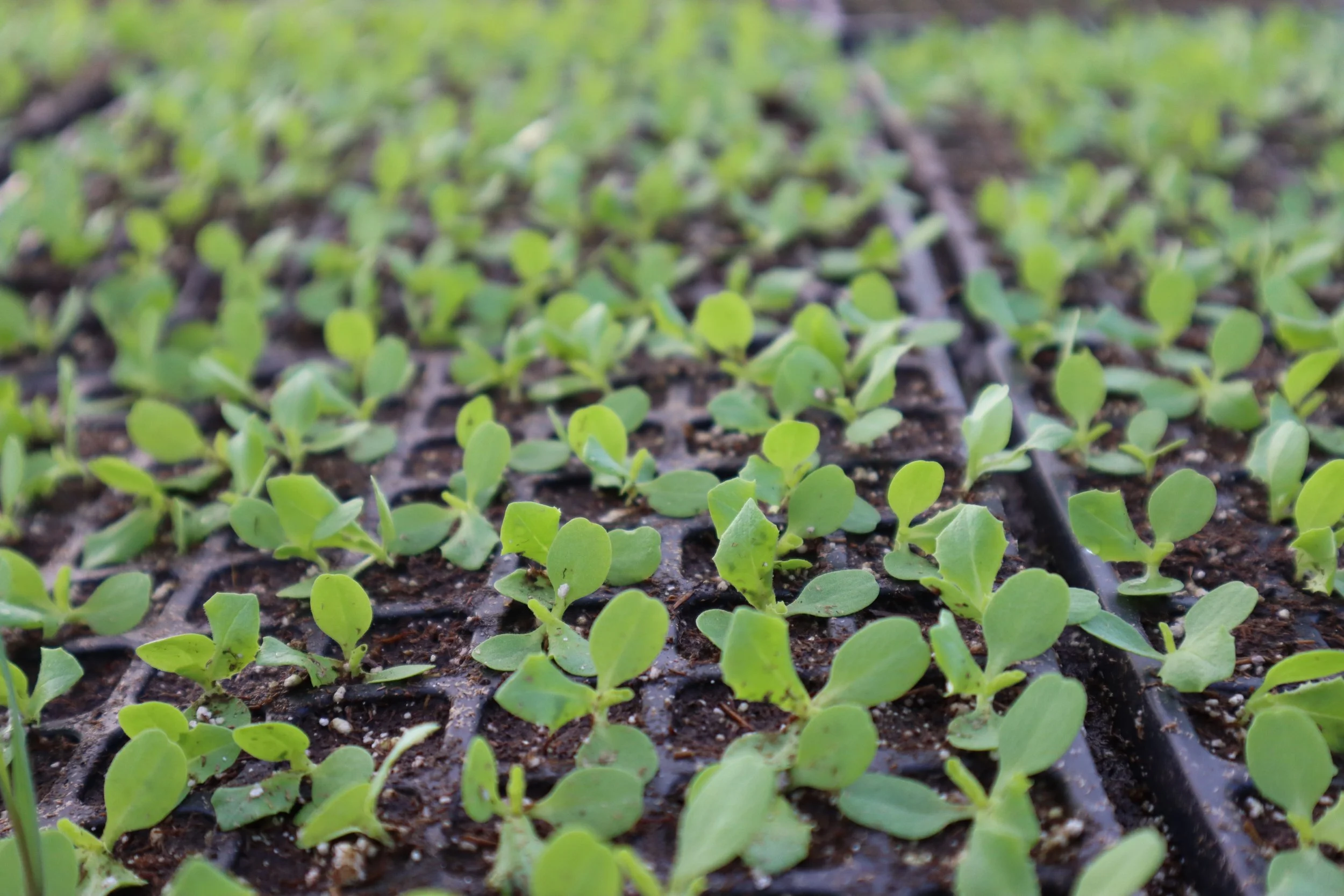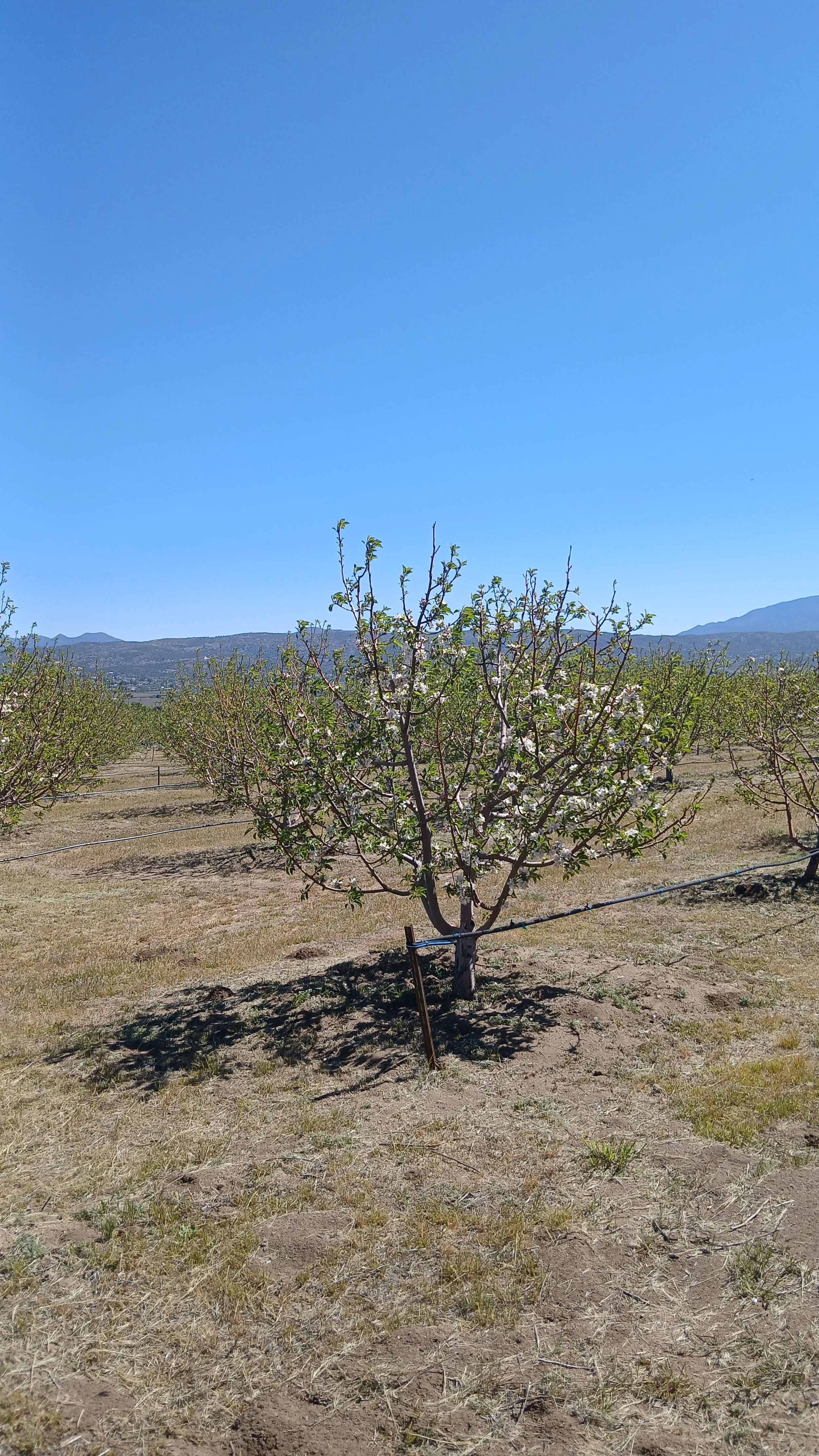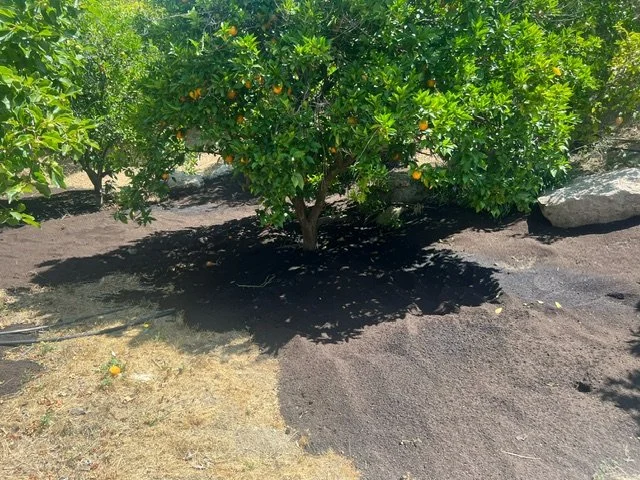
USDA Partnerships for
Climate-Smart Commodities
CONGRATULATIONS!
You’re enrolled in the Climate Smart Incentive Program
TRACK A
Free Compost through a partnership with Zero Foodprint / Compost Connector
2 Soil Health Assessments per year
Optional: 10% Market Channel Incentive
Incentive payments capped at $2,500 per year for 2 years
TRACK B
Free Compost through a partnership with Zero Foodprint / Compost Connector
2 Soil Health Assessments per year
TA, referrals, & support for implementing multiple Climate Smart Practices and creating a Carbon Farm Plan.
Optional: 15% Market Channel Incentive
Incentive payments capped at $6,000 per year for 3 years
SOIL HEALTH ASSESSMENTS
Book one timeslot for the Soil Health Assessment visit using the appointment calendar below:
Things to consider when scheduling for the in-field assessment:
Your soil needs to be in normal field condition and not recently irrigated. Please wait until the assessment is completed to irrigate the field.
If the area has been waterlogged, you'll need to allow 24 hours or until the soil reaches its normal moisture level. If it was raining the day before your scheduled SHA, it's best to reschedule it for accurate results.
it's generally recommended to wait for at least 60 days after compost application before testing the soil. This allows sufficient time for the compost to fully integrate with the soil and for any potential nutrient release to occur.
TRAININGS & WEBINARS
Check the calendar for upcoming In person trainings and online webinars.
-

ORDERING COMPOST
Find the instructions that will help you navigate requesting compost using the Compost Connector Portal
-

MARKET CHANNEL
How to submit your invoices and new market channels to the Market Channel Incentive Track
How to order compost
Use the Compost Calculators (for Croplands or Orchards) in this section to calculate the volume in cubic yards or tons using area size in square footage or acres.
Check out CDFA recommended application rates.
Determine where you will be sourcing your compost and the product and quantity you intend to receive. View the location’s websites below to choose your compost product.
Elegible products: Compost and Compostable Mulch blends.
Note: Landscape mulch products or wood chips mulch are not included in this program.
1.
Riverside County
Suggested Facilites will be updated soon.
2.
Place your order through the Compost Connector portal. (use the “Place your order button below”) Please note for farms larger than 5 acres the limit per seasonal request is 600 cubic yards. Small farms must calculate compost application based on application rate standards.
The approval process will take 2-3 business days, where you will get a confirmation that your order has been received / approved.
Please note that, for delivery, the minimum on most orders is 12.5 cubic yards. Reach out to climate@foodshedcoop.com if you need to request a smaller order or need help choosing the best compost for your farm.
Connect with Foodshed team if you’re unsure or don’t know which compost blend to order. Send us an email, or give us a call at (619) 431-1206.
COMPOST CALCULATOR
This widget helps you calculate how much compost you’ll need to apply per bed(s) in your fields using 5-gallon buckets, wheelbarrows, or tractor buckets depending on your application rate measured in inches.
COMPOST APPLICATION FOR CROPLAND (PER BED CALCULATOR)
COMPOST APPLICATION FOR ORCHARDS CALCULATOR
Most common practice in orchards is to apply the compost in a donut or ring-like shape around fruit trees, applying a 4-6 inch thick layer as a top-dressing leaving a gap from the trunk. Evaluate the thickness you’ll need based on your soil type, any soil concern and the CDFA recommended application rates for orchards.
The compost top-dressing replenishes nutrients, improves soil structure, and helps retain moisture in the critical feeder root zone of the trees
The key factors to consider are the area covered by each tree's canopy dripline (minus 1 foot from the trunk) and the desired depth of compost application. Follow these steps to Determine the area to be covered with compost for each tree:
Measure the radius from the trunk to the dripline (outer edge of the canopy) for a few representative trees to get an average radius.
Subtract 1 foot from the average radius to account for the 1-foot gap from the trunk.
add the radius value to the first field in the calculator
add the desired compost application rate
add the total number of trees in your orchard
Useful tips for caring for your compost pile
Rule of thumb: apply the material to the soil as soon as practical and get some moisture on it to support the microbial life in the compost and the soil.
If you can’t apply compost to the soil immediately, then make sure you add water to the compost pile and maintain adequate moisture in the pile (it should be moist like a wrung-out sponge and not dripping wet) and cover it with a tarp or shade if evaporation and intense heat are an issue. Be careful not to apply too much water and create an anaerobic situation which can be a real problem degrading the quality of the compost and its benefits.
If the moist pile continues to be warm or even hot, don’t worry about it as the material is continuing to decompose and stabilize. Once spreaded and incorporated in the soil it quickly cools down and continues to decompose but at a much slower rate.
Participating in the Market Channel Incentive
GOAL: Establishing viable market channels that source local food to vulnerable communities.
Healthy Places Index (light or dark blue)
State Climate Priority Population Map (green, yellow, or blue)
Food Bank or Pantry (sale, not donation)
Community Health Improvement Partners (CHIP)
Foodshed Cooperative
School with >50% Free/Reduced Lunch
High SNAP/WIC use
1.
2.
Identify qualifiying market channels
Submit your market channel request
Note: you only have to do this step once per market channel. Wait for an email confirmation of market approval before continuing to step 3.
After you sell and deliver your produce, save a signed copy of the invoice or Bill of Lading to document your delivery.
Submit weekly, monthly, or quarterly. You will get a confirmation email with the incentive amount. Your farm can back-charge from the date you have signed the contract.
Please submit invoices as 1 PDF; view this resource if you need assistance with this step.
3.
Submit your market invoices













